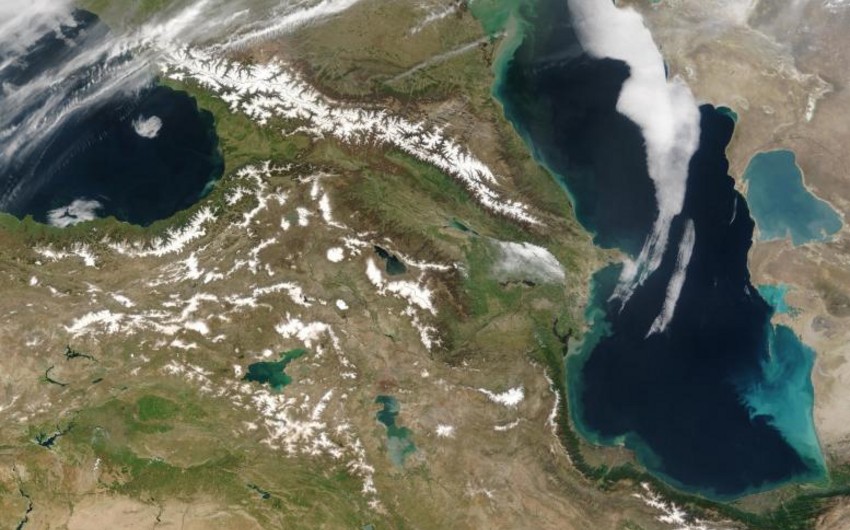Baku. 13 October. REPORT.AZ/ Russia's direct military support to Syria may entail certain risks for the , experts say.
"The danger of the spread of radicalism in the South Caucasus is real, and this should be considered," Report was told by the political scientist Tofig Abbasov, commenting on the possible spread of radical Islam in the Caucasus.
"To ensure virus of the disease has not spread around the world, it is necessary to stamp out there on the spot," said the expert.
According to him, the first coalition, headed by the United States failed. "It was an imitation of combat LIH", analyst believes.
He noted that, Russia has found the western coalition by surprise, showing how necessary to combat the pseudo islamists.
According to T.Abbasov, history knows precedents when the West itself created the extremist organizations against their enemies, and after the creature turned their weapons against him. "Because sooner or later the IS islamists will rise up against the United States, against Saudi Arabia, and Jordan, which is ridiculous flirting with al-Baghdadi," says the analyst.
As possible options for destroying the IS, the expert suggested lock them in northern Iraq and Syria not to go beyond the rebel zones.
In turn, the leading expert of the International Institute for Humanitarian and Political Studies Alexei Kuzmin said that the IS rather complicated structure, and very arduous.
"There is a certain" commissar "actives, there are thousands of "adjoined" from around the world - that's why ISIS is more successful than any other "rebels". And it is superimposed on tribal, clan relations in Iraq and Syria," said the expert.
A.Kuzmin believes, even in the case of complete defeat of "Islamic state" to neutralize all the militants will not work - they will flee. "And then the probability of a repetition of the well-known attempts of the recent past, and not so much exhausted as drive "under a bushel" in Chechnya, Dagestan, and so on," said Kuzmin.
According to him, "the problem of Bashar al-Assad is that, he initially had to act tough to show the unacceptable costs", but he acted with sufficient determination, which ultimately resulted in a much more blood.
As preventive measures the spread of radicalism in the region, political scientist suggested that the normalization of situation due to the preparation of Muslim clergy.
In turn, the Georgian expert on the Middle East, Iranist Papava said to Report that, Russia's direct military support to Syrian government may entail certain risks for the South Caucasus states.
In turn, the Georgian expert on the Middle East, Iranist Papava said to Report that, Russia's direct military support to Syrian government may entail certain risks for the South Caucasus states: "As is known, from Georgia to Syria went about 200-300 citizens - among them ethnic Georgians do not actually have - to fight against the Assad government, they are mostly Chechens-Kistinians. If until now the militants had at least some hope in the foreseeable future to overthrow the Syrian government, after Russia entered the war, the chances are reduced to almost zero. They still make a choice: either to die in the meat grinder or surrender to the authorities," said the expert. According to him, there is also a third way in which they may resort, namely, to go back to the Caucasus and try to "take revenge on Russia". "In this regard, the following dilemma arises for the Georgian leadership: special control of checkpoints and strengthening of border controls, the initiation of cooperation with Armenia and Azerbaijan through the channels of secret services and the exchange of information", said V.Papava. He expressed the opinion that, in terms of growing confrontation in the Middle East, only a coordinated action of the Transcaucasian states will be able to ensure peace and stability in the region.


 https://static.report.az/photo/a6cdc8e8-921c-4a91-b5e7-c49ada5163e7.jpg
https://static.report.az/photo/a6cdc8e8-921c-4a91-b5e7-c49ada5163e7.jpg

